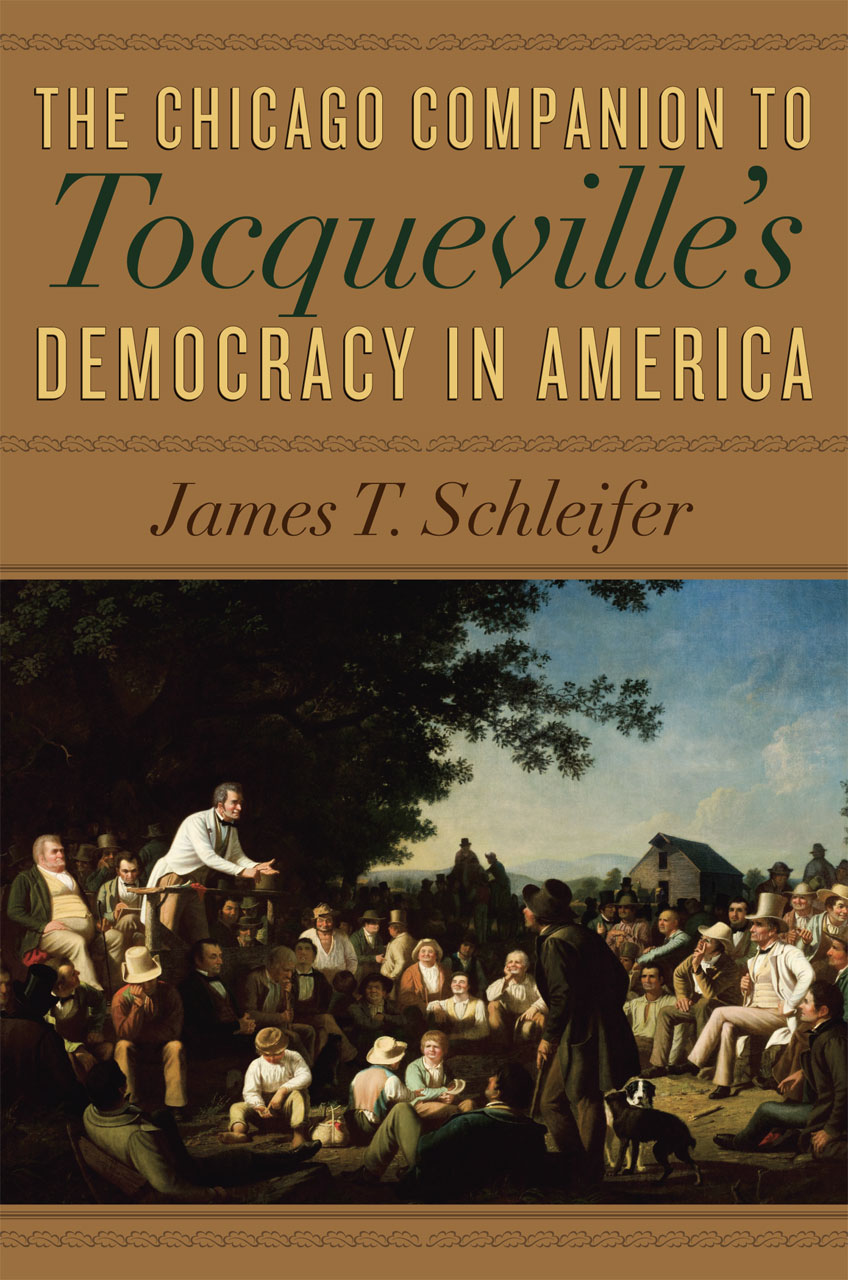


08/28/2019
My new column in Taki’s Magazine, Alternative America, critically evaluates the current dogma that America before recently would have been impoverished without slavery and blacks.

An anonymous iSteve commenter points us toward this passage about the impact of slavery on the American economy c. 1830 from Alexis De Tocqueville
… in general, the colonies in which there were no slaves became more populous and more rich than those in which slavery flourished. The more progress was made, the more was it shown that slavery, which is so cruel to the slave, is prejudicial to the master.
…That which follows the numerous windings of the Ohio upon the left is called Kentucky, that upon the right bears the name of the river. These two States only differ in a single respect; Kentucky has admitted slavery, but the State of Ohio has prohibited the existence of slaves within its borders.
Thus the traveller who floats down the current of the Ohio to the spot where that river falls into the Mississippi, may be said to sail between liberty and servitude; and a transient inspection of the surrounding objects will convince him as to which of the two is most favorable to mankind. Upon the left bank of the stream the population is rare; from time to time one descries a troop of slaves loitering in the half-desert fields; the primaeval forest recurs at every turn; society seems to be asleep, man to be idle, and nature alone offers a scene of activity and of life. From the right bank, on the contrary, a confused hum is heard which proclaims the presence of industry; the fields are covered with abundant harvests, the elegance of the dwellings announces the taste and activity of the laborer, and man appears to be in the enjoyment of that wealth and contentment which is the reward of labor. …”
Democracy in America (1831)
It would be interesting to create alternative timelines speculating on the historic path of an America without slavery.
For example, to rewrite Philip Roth’s The Plot Against America: In the 1940 election, Democratic incumbent Franklin D. Roosevelt lost to the Socialist-Populist-Isolationist fusion party with Norman Thomas as Presidential nominee, Huey Long as VP, and Charles Lindbergh as Secretary of State-designate. Running on a policy of “Practical Pacifism,” the new party swept the progressive German precincts of the Cotton Belt where mechanically ingenious immigrants from the Rhineland had finally made mass cotton growing economical in the high-wage South. Roosevelt carried the more warlike Scots-Irish Southern uplands, but it was not enough to win the Electoral Votes of deeply German Mississippi, Alabama, and Georgia, where left-leaning voters were adamant that WASPs would never again lead America into war with Germany.